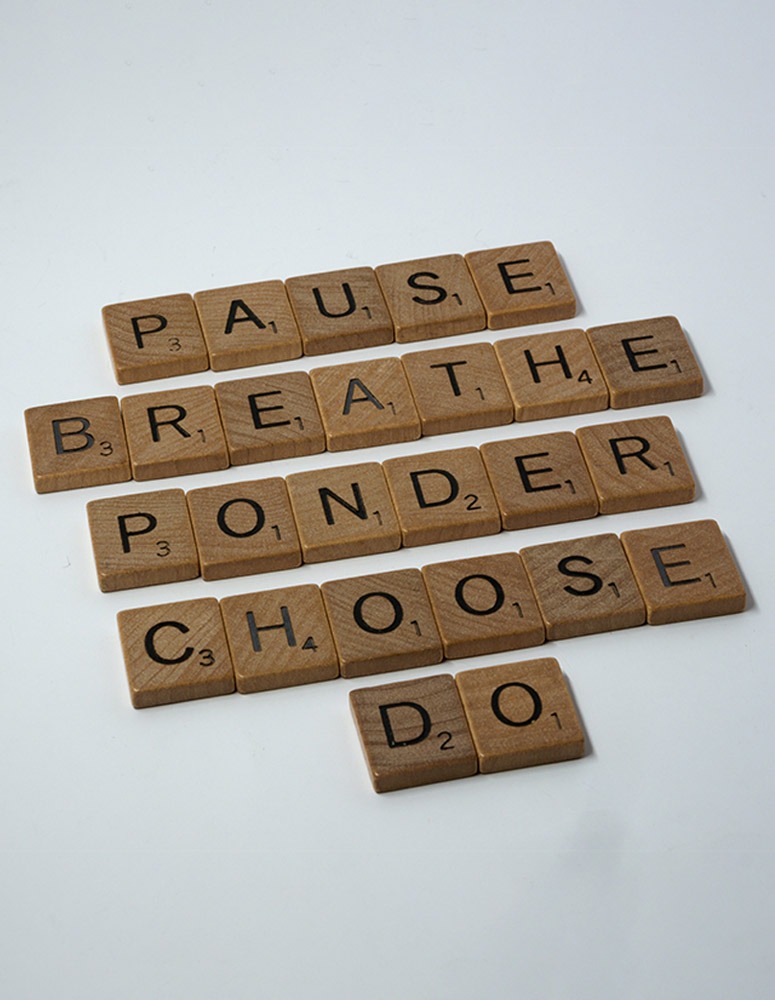When Work Becomes Too Much
I’ve often said that the blurring of boundaries between professional and personal lives is a distinguishing characteristic of Cultural Stress, the 24-hour stress of modern living. It was bad enough before the pandemic—with the globalized “gig economy” causing employees to feel that they could never do enough; they could never turn down a gig; they could never be “off-duty.”
Since the “lockdown,” many workers have felt even less ability to unplug; to go “off-line”; to claim personal time for themselves and their families. According to NordVPN, which tracks when its users connect and disconnect from its service, working-from-home Americans have been logging three more hours per day than pre-pandemic, while in France, Spain, and the U.K. the day has stretched an additional two hours.
Work/life balance can be especially precarious for singles. After all, a parent can always plead a sick child, or other familial responsibilities, to justify taking the personal time we all deserve. But what reason can a single person give for taking time for themselves without employers—and even fellow employees—questioning their commitment?
As a recent article in The Guardian noted, “For workers across many sectors, long, irregular hours, emotional demands, and sometimes low rates of pay mean it is increasingly hard to have a life outside of work – and particularly hard to sustain relationships.”
But being married to the job is dangerous. That’s because, no matter how well-meaning, the fact is that a job can’t love you back. Employers are subject to the demands of stockholders and the marketplace—which can mean outsourcing, downsizing, and layoffs that have nothing to do with personal feelings towards our colleagues. Too many employees have given their all to a job they loved—only to find out that the relationship was ultimately one-sided. It didn’t afford them enough time off, compensation, or commitment to their personal well-being to lead a balanced life.
We all require personal time in order to nurture our relationships, take care of our personal responsibilities—including our health—give ourselves new experiences, and recharge our physical, emotional, and spiritual batteries. Our personal relationships have become even more essential since the pandemic, since we could no longer rely on daily interactions with friends and colleagues to help fulfill our emotional and psychological needs. Zoom meetings may have kept us face to face, but they were painfully lacking in the casual exchanges, the friendly hug, the slap on the back, or even the handshake common to in-person interactions. During the pandemic, we could only turn to those in our personal household—our partners, roommates, close friends, or even pets. If we haven’t had the time to develop these relationships, we’ve found ourselves without the comfort—and stress relief—of physical connections when we needed them most.
What can we do to give ourselves the personal time and pursuits that all humans need?
Honor yourself. This is one of my 500-plus “Insights” for living a healthy and happy life, and it is key to making sure that you get what you need—even if those needs are unique to you. Honoring yourself is how you:
Allow the unique you to blossom. You might not always know just what you need from any given situation and, over time, what you need may change. Honoring yourself means recognizing this as a form of growth and giving yourself permission to:
Become yourself. As human beings, we develop with new challenges and experiences so it’s essential to allow yourself to grow into your potential, develop relationships that sustain and nurture you, acquire new skills and pastimes, and engage in new and fulfilling pursuits.
Honoring your full potential as a human being will ultimately make you a more productive employee, as numerous studies have confirmed. After all, a strong team requires healthy players. The benefits of appropriate work/life balance include fewer sick days, better focus and teamwork, improved employee interactions, better customer service, greater creativity, innovation, and decision-making, and stronger loyalty.
But even if your employer is slow to recognize these facts, you can decide that your health and well-being — ultimately, your life—are more important than even your job. It is fine to love your work as long as you also love yourself!
